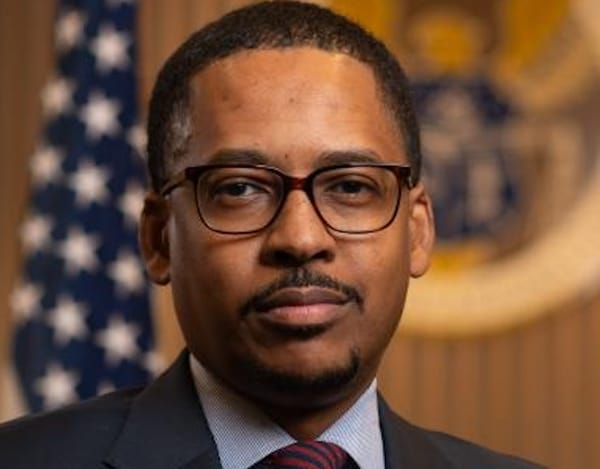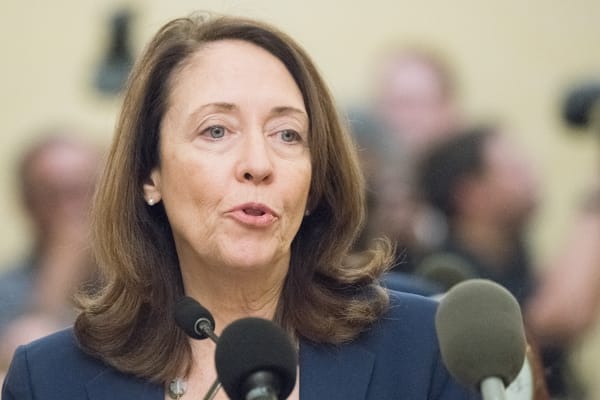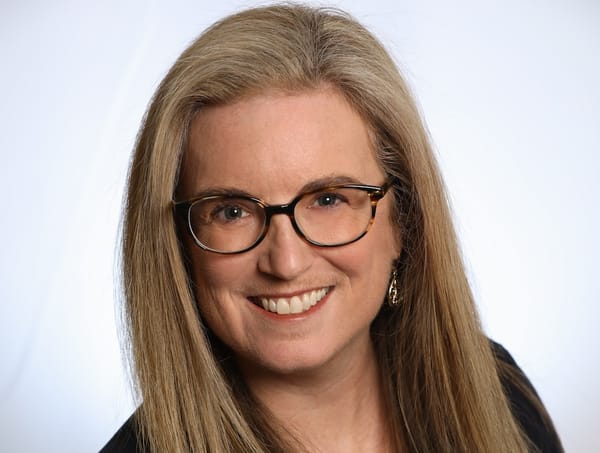What to Do About RDOF Defaulters? Some Ideas from New Mexico, and Others
Some advocate for directing unused RDOF funds to state broadband offices instead.
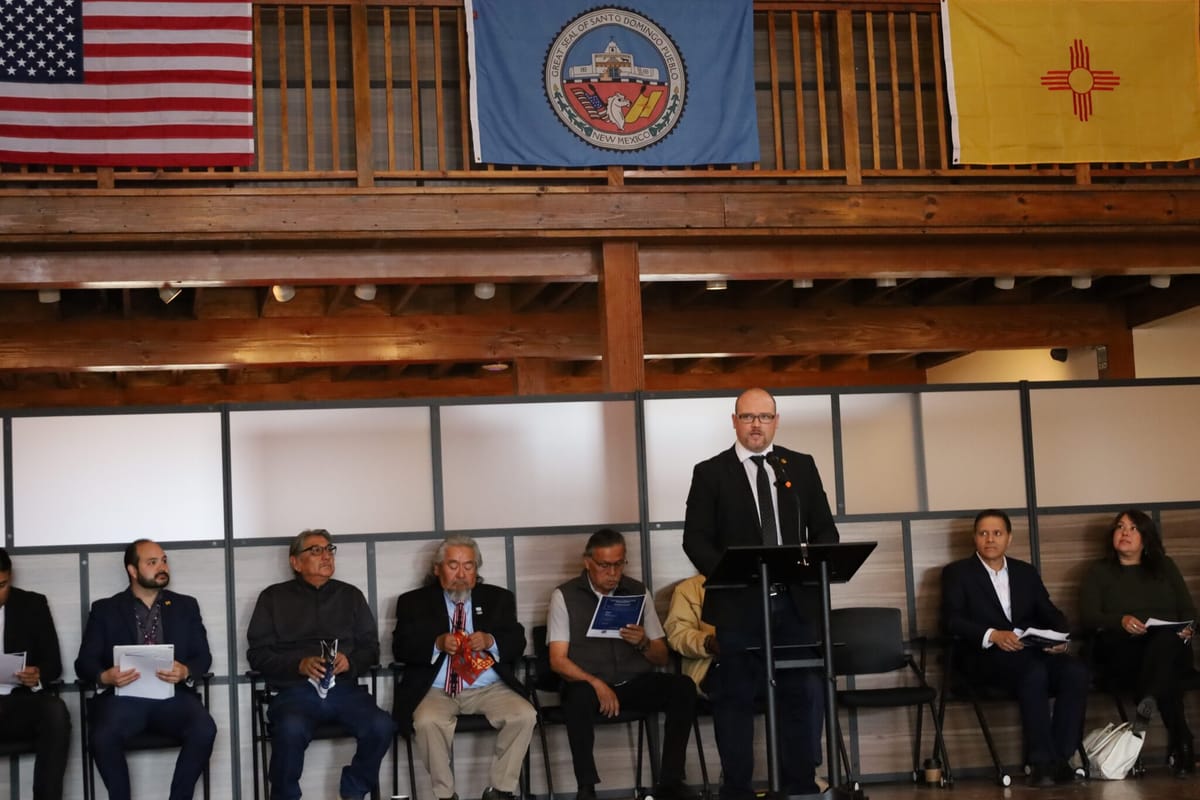
WASHINGTON, April 10, 2024 — New Mexico's broadband office is suggesting that unused funds from the Rural Digital Opportunity Fund should be granted to state broadband offices.
The proposal stemmed from comments submitted to the FCC by Tuesday concerning the commission's proposed amnesty period for winning bidders of two federal broadband expansion programs. Most comments emphasized the need for the commission to provide some degree of relief for bidders, while also maintaining a level of accountability for winning bidders.

If the commission decides to grant the amnesty period, companies that are unable or unwilling to fulfill contracts made under the FCC’s Rural Digital Opportunity Fund or the Connect America Fund Phase II would be able to relinquish some service commitments without facing the full penalties laid out in program guidelines.
The perspective that returned RDOF auction funds should be turned over from the FCC to state broadband offices to invest in the census block groups affected by granting amnesty, was shared by NEK Community Broadband. If that's not possible, NEK recommends directing the funds towards the Affordable Connectivity Program.
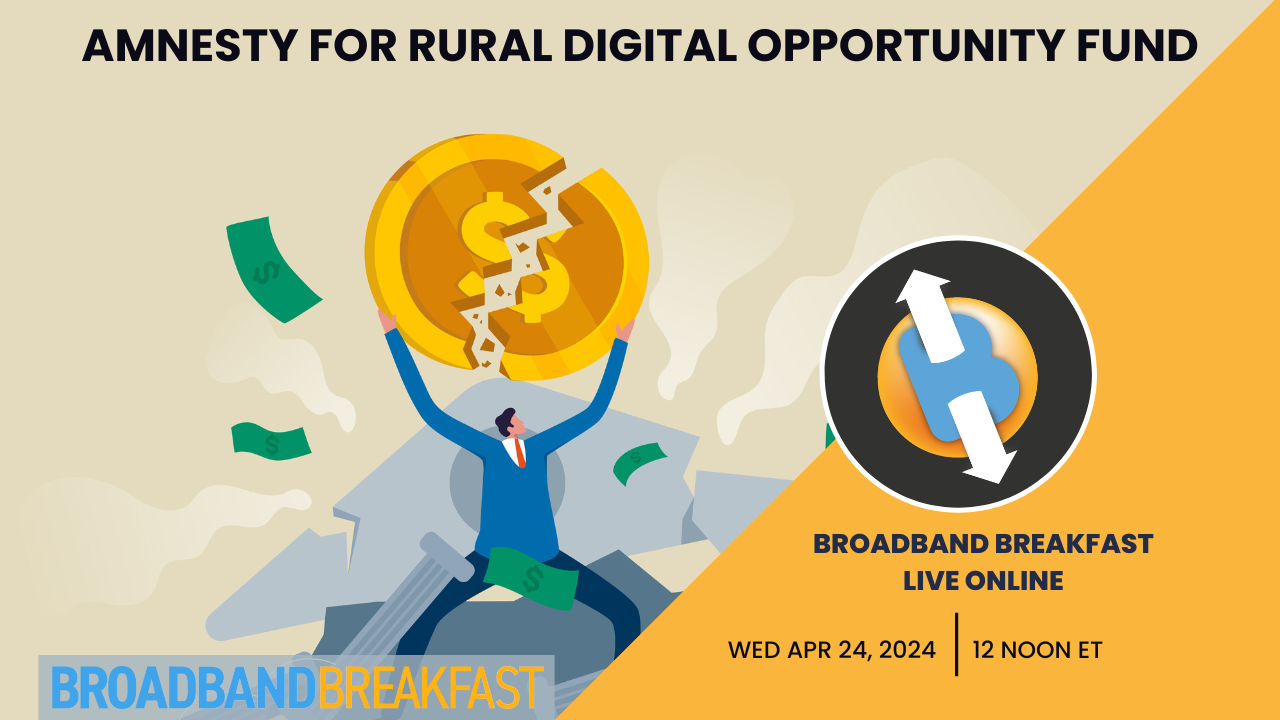
The majority of commenters supported the commission evaluating amnesty requests on a case-by-case basis, contingent on bidders demonstrating that the project buildouts are not economically feasible. However, a few commenters, notably the American Consumer Institute and the WTA–Advocates for Rural Broadband, strongly opposed the idea of providing post-auction relief.
Perspectives on enforcing reduced penalties
Multiple industry groups expressed their views on how reduced penalties should be enforced among the comments submitted to the FCC before the Tuesday deadline.
NTCA–The Rural Broadband Association proposed that the commission apply only the per-location penalty under the RDOF and CAF II rules without adding an extra 10 percent penalty. This approach considers the relative costs of returned locations to prevent exploitation of the system and ensure fair treatment across the board.
USTelecom highlighted the balance that must be struck by “providing a substantial incentive to providers to return areas they would be unlikely to build while still ensuring they are held accountable for their decisions.”
Next Century Cities suggested that the commission should require providers to provide evidence supporting their amnesty requests, while GTBA-Georgia’s Rural Telephone and Broadband Association advocated for a case-by-case evaluation of companies facing genuine challenges.

The Mississippi Center for Justice also asked the commission to require amnesty applicants to provide evidence of claimed economic difficulty. They said that such evidence was necessary to avoid awardees refraining from building for reasons other than economic challenges.
Standing out as an outlier among the group, the North Alabama Electric Cooperative proposed that any amnesty implemented by the commission should include entities that have already voluntarily surrendered census block groups. The cooperative said its decision to surrender some blocks was “motivated by the same underlying rationale to make these areas eligible for BEAD and other funding.”
Quarterly progress reports could enhance RDOF transparency
To improve transparency regarding the status of RDOF deployments, the New Mexico broadband office suggested that the FCC mandate winners submit quarterly progress reports detailing network deployment timelines, planned technologies, and service offerings.
Quarterly progress reports would support the commission in providing more detailed information regarding how many locations might be impacted by the proposed amnesty period, and whether transferring these locations into the Broadband, Equity Access and Deployment program would be in the public interest.
As outlined in BEAD program guidelines, communities that have previously obtained grants from other federal broadband initiatives, including the RDOF and CAF II, are ineligible from accessing any portion of the funding allocated under BEAD.
This FCC’s proposal to grant amnesty is especially pertinent as most states prepare to commence their mapping challenge process under the BEAD program in the first half of the year. This challenge process will ultimately determine the final map used by states to allocate BEAD funding.

If the FCC approves the requested amnesty period, states could include currently unserved or underserved communities not accounted for due to unmet RDOF and CAF II commitments in state maps, making these areas eligible to receive BEAD funding.
The New Mexico broadband office recommends that the first progress report be submitted by May 31, as this deadline coincides with the mapping challenge process for the BEAD program.
Should RDOF defaulters be able to partake in BEAD?
A major consideration for commenters was whether RDOF defaulters should be permitted to participate in and bid for BEAD.
“If the commission does decide to grant amnesty, no auction winner who has previously failed to honor its commitments should be eligible to receive BEAD money,” ACI’s comments state.
The Mississippi Center for Justice similarly recommended that the commission and other federal agencies prevent these awardees from applying for other federal broadband infrastructure grant programs for a set period of time, citing concern that “RDOF and CAF II awardees granted amnesty may submit BEAD applications for the previous grants’ award areas.”
Additionally, MCJ suggested that the commission increase penalties for defaults after a certain deadline and work towards obtaining these guarantees by Summer 2024, which coincides with BEAD mapping challenge processes.
The proposal to grant amnesty from RDOF deployment commitments came from nearly 70 broadband experts, trade associations, internet service providers, state and local officials, nonprofits, schools, unions, and more.




